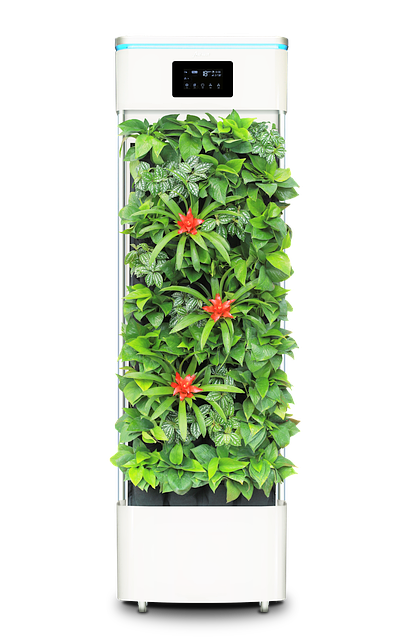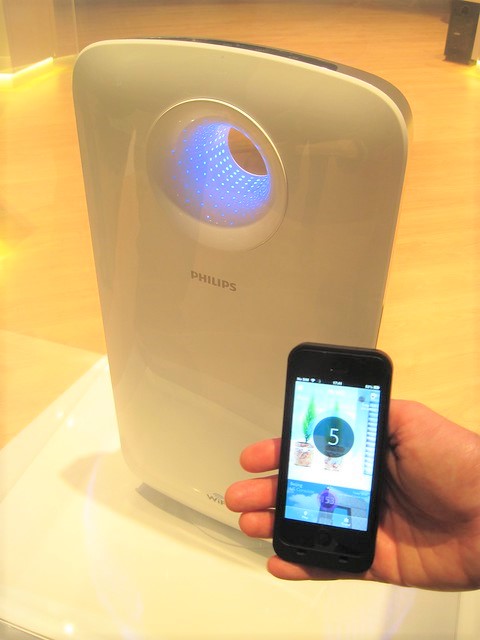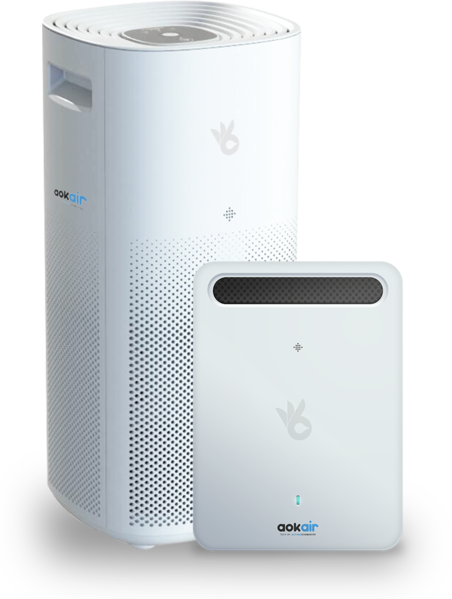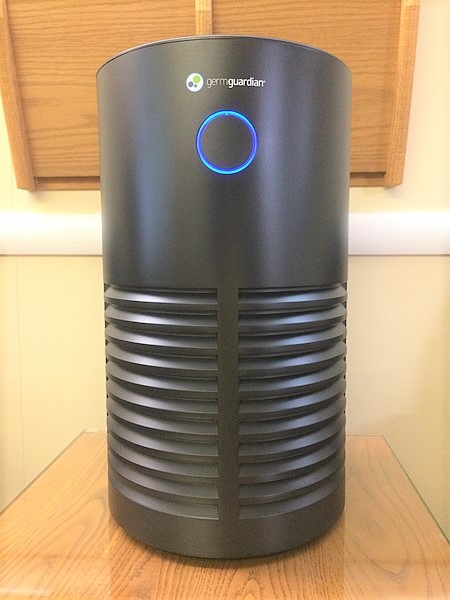Last updated on June 30th, 2023 at 06:32 pm
The Takeaway
Air purifiers are certainly a worthy investment, but you need to get the right one for your needs. Scientific evidence shows that these gadgets help air out your home, removing allergens such as dust, pet dander, mold, and other pollutants that build up in your home.
So, Are Air Purifiers Worth It?
Air purifiers are all the rage right now and for good reason. According to the Environmental Protection Agency (EPA), the air within our homes is likely more polluted than outdoor air. An air purifier allows you to improve indoor air quality and keep your home smelling fresh.
If you are in the market for one of these air-cleansing gadgets, you’ve probably come across some outrageous claims from manufacturers. These exaggeratedly optimistic assertions may lead you to question whether air purifiers are worth it or just a big waste of money.
This article seeks to provide clarity on whether these gadgets are worth the investment or people are just falling for the marketing hype. We’ll also look at the benefits of air purifiers, with the science to back it up. Read on!
15 Benefits of Air Purifiers, Backed By Science
Air purifiers aren’t exactly cheap, and we understand money is a bit tight right now. You need to be sure when spending your money. If you are still on the fence about splurging your hard-earned cash on an air purifier, see if these 15 science-backed benefits of air purifiers can help nudge you toward a decision.
1. Brings Allergy Relief
Airborne allergens such as dust mites, mold, pet dander, and pollen are among the leading allergy triggers. Studies show that an effective air purifier can trap these microscopic particles, reducing the risk of allergic reactions in your home.
2. Removes Airborne Nanoparticles

Airborne nanoparticles are known to cause heart problems, lung inflammation, and other health problems when inhaled. Research shows that an air purifier with a built-in HEPA filter can eliminate these particulates from indoor air.
3. Helps With Stuffy Nose at Night
Is a stuffy nose keeping you or your young one up at night? Investing in an air purifier can help. Running an air purifier reduces exposure to allergens such as pet dander, dust mites, etc. that cause the irritation.
4. Prevents Pet Allergies
Do you suffer from pet-induced allergies? Scientific evidence shows that an air purifier equipped with a HEPA filter can trap pet dander, significantly reducing the risk of an allergic reaction.
5. Provides Asthma Relief
If you have asthma, investing in an air purifier can help. According to a study published in the European Respiratory Journal, an air purifier can improve indoor air quality and bring relief to patients with asthma.
6. Controls the Spread of COVID-19
While the risk from COVID-19 at the moment is quite low, the deadly virus is still out there. According to a study by the National Library of Medicine, an effective air purifier with a HEPA filter can help eliminate airborne contaminants, including viruses such as SARS-CoV-2, from indoor air.
7. Reduces Harmful Smoke Particles in Wildfire Prone Areas
Every year, those living in areas prone to wildfires suffer from smoke exposure lasting weeks. Research shows that HEPA air purifiers can be effective at reducing the concentrations of harmful smoke particles indoors during wildfires.
8. Removes Airborne Bacteria
Bacteria is a leading cause of disease worldwide. If you are concerned about airborne bacteria, investing in an air purifier is a smart move. According to a 2019 study, an air purifier with a HEPA filter will also remove airborne bacteria in confined spaces.
9. Improves Student Performance

If you’re a student, putting an air purifier in your dorm room can improve your academic performance. Research shows that reducing air pollution and improving indoor air quality can boost learning and improve student test scores.
10. Removes Mold Spores
If you live in a damp apartment, you should consider getting an air purifier to reduce mold particles in the air. The air purifier filters the mold spores from the air and traps them, effectively preventing them from spreading.
11. Alleviates Dust Allergies
Dust is among the leading causes of allergic symptoms, including sneezing, watery eyes, and itching. According to research, an air purifier with a HEPA filter can capture and remove airborne particles, including dust mite allergens from your home.
12. Removes Chemicals from the Air
Regular household cleaning products contain chemicals such as chlorine and ammonia. Long-term exposure to these compounds can lead to health issues. Studies show that air purifiers with active charcoal carbon filters can remove chemicals and VOCs from the air.
13. Eliminates Odor
Persistent, unpleasant smells, such as cooking smells or cigarette smoke, can be hard to get rid of. Fortunately, air purifiers with a charcoal or activated carbon filter can quickly remove these bad odors from your home.
14. Reduces Chances of Getting Sick
An air purifier reduces the chances of getting sick. An air purifier removes microscopic particles and organisms in the air, including allergens, bacteria, and viruses, making you less likely to develop allergic symptoms, cold/flu, COVID-19, or a bacterial infection.
15. Lower Health Issues Associated With Poor Indoor Air Quality

Apart from allergies, viral, and bacterial infections, research shows that using an air purifier reduces health problems linked to short and long-term indoor air pollution. These include fatigue, headaches, nausea, and dry skin, eyes, and throat (short term); as well as lung cancer and heart disease (long term).
Types of Air Purifiers to Avoid
Air purifiers improve indoor air quality, lowering the number of contaminants in your home surroundings. But, as you’d expect, not all air purifiers are created equal.
Bad air purifiers are simply ineffective at best. At worst, they’ll do more harm than good. Avoid air purifiers that:
- Have UV-C light
- Don’t use a HEPA filter
- Create ozone
Air Purifiers: A worthy investment
As you can see, an air purifier is a worthy investment for anyone looking to improve indoor air quality. A little due diligence can go a long way toward helping you choose the right air purifier for your needs and budget.
Keep in mind that an air purifier is not a one-stop solution for indoor air quality. Experts recommend using an air purifier as part of a concerted effort — along with regular cleaning, dusting, and vacuuming —to keep household air quality at optimum levels.
